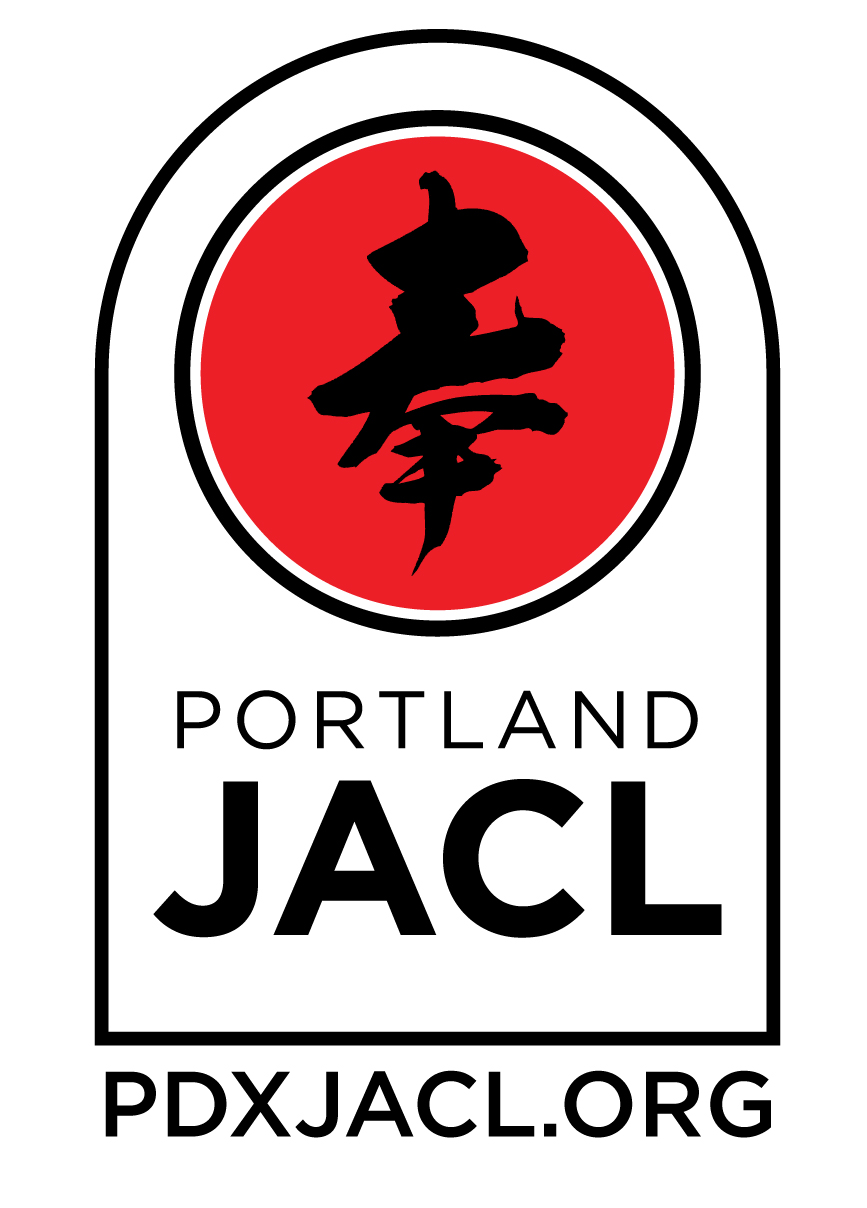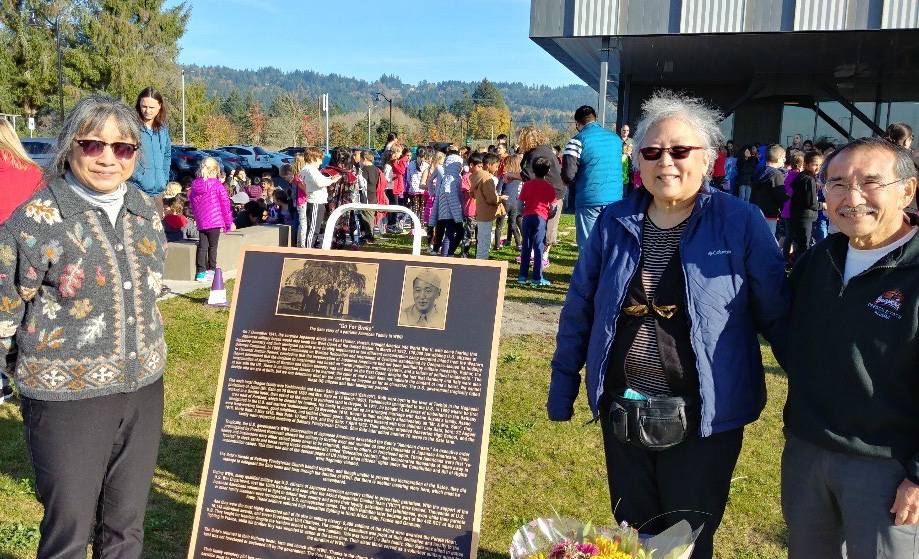During my time on Portland JACL?s board I have always thought a lot about the question, ?what can I do?? I originally joined our board so I could give back to the community. I?d like to say it was a well thought out and deliberate effort, but honestly it was on a bit of a whim. Growing up in Portland, there were tons of events in the Japanese American community that I attended and enjoyed. Events like Day of Remembrance, Obon, the community picnic, Mochitsuki, bazaars at Epworth, and I?m sure many more. As a multiracial Asian American, having events like these gave me a sense of worth and belonging. I could walk around white Portland and every once in a while, take a break to let my guard down, be at ease, and just exist. So for me, joining our board was a first answer to the question, ?what can I do??
Although I knew about JACL?s mission and advocacy, the importance didn?t truly hit until I saw all of the work that our board does. There were lots of people answering this question in their own way and working together to do it. I think what amazed me the most was that more than just our board, there is a whole network of people, organizations and committees all answering this question. Just within JACL, there is our national organization, plus the regional districts and chapters throughout the country that are doing things for their members. Locally, our board has many ties within the Japanese and Japanese American communities as well as with other communities and organizations. It seems like we?ve needed them more than ever these past few years.
Lately, one way Portland JACL has been active is working in response to the July 2nd attack on Dr. Abe and his family at the Eastbank Esplanade. Originally the emphasis was just to get coverage of this event before shifting to prevent or better handle this type of violence in the future. Thanks to a small group that includes John Kodachi, Chisao Hata, Peggy Nagae, Erica Naito Campbell, Duncan Hwang, and our own Jeff Matsumoto and Amanda Shannahan, we have continued to act and object to hate. We have come together and responded.
On August 12th, Portland JACL in solidarity with 15 other Asian American organizations, submitted a letter to the Oregon Chief Justice?s Criminal Justice Advisory Committee urging them to begin discussions on the inclusion of bias crimes in the hold until arraignment category. This has resulted in a new recommendation that Bias Crime in the first degree will be moved into the ?hold until arraignment? category and there will be further discussion by the committee on moving bias crime in the second degree to that category as well.
While this may not be large sweeping reform of our country?s justice system, it is a small step in the right direction. As I?ve learned during my time on our board, these small steps are what civil rights and social justice work looks like. As we continue to see an increase in hate crimes and bias incidents in Oregon and Nationwide, I?ll admit that it is easy to feel helpless and lose hope. However, I want to remind you that there are lots of people that continue to answer the question with advocacy for Asian Americans and our communities. We deserve to feel safe.
In addition to the fun things that Portland JACL does, like award scholarships, show film screenings, hold community events like the picnic, there is other work that makes a difference too. Recently that has included helping with the Oregon Nisei Veterans World War II Memorial Highway, supporting Minidoka to preserve the site from a wind farm project, working with Metro and the Expo center to provide input on developing what was once referred to as the Portland Assembly Center. We?ve responded to racist license plates and held a few clean ups too. Not everything we do makes it into the newsletter or gets much coverage, but is equally important and helps our board answer the question, ?what can we do??
Let?s continue to take up space and support community events and organizations. Attending the Tiger Tiger event in July was a great reminder for me of how important it is to get out, connect, and find places to be yourself. Looking ahead to the fall, there will be opportunities to engage and be active related to the mid-term and local elections. Particularly a ballot measure that would make changes to Portland?s form of city government. This could have a big impact on how our city is run. Of course, our newsletter and social are great ways to find events that are happening. I?ll simply close by asking you to join me in taking a moment to reflect and think about ?what can I do??
–Chris Lee
Resources/Links:
If you?re the victim of a hate or bias crime please report it to the Oregon DOJ?s Bias Hotline by calling 1-844-924-2427. It is important to record incidents so that it can be counted and justify more resources.
Contribute to the GoFundMe and support Dr. Abe?s family.

